Author: Budidjaja International Lawyers Shipping Team
In May 2018, the Ministry of Transportation issued Regulation No. 38 of 2018 (“MR 38/2018”) regarding Salvage and/or Underwater Works which amended the previous regulation provided in Ministry Regulation No. 71 of 2013 (“MR 71/2013”) and Ministry Regulation No. 33 of 2016 (“MR 33/2016”).
Below are salient points on the amendment of the regulation regarding Salvage and/or Underwater Works, as regulated under MR 38/2018:
A. Licenses to Conduct Salvage Activity
MR 38/2018 provides a new requirement for a salvor/underwater works company to hold a Business Permit (Izin Usaha) from the Chairman of Indonesian Investment Coordinating Board (“BKPM”) prior to carrying out any salvage activity.
In order to conduct salvage activity in a casualty situation wherein the vessel and/or her cargo are in a sunken state or condition, the salvor must obtain:
1. a Business Permit from the BKPM; and
2. a permit from the Directorate General of Sea and Communication
(“Seacom”) to conduct the particular salvage activity (“Salvage
Permit”).
If the casualty vessel is to be salvaged by way of scrapping method, the following documents are required to be submitted for obtaining a Salvage Permit.
1. deletion certificate of the casualty vessel; and
2. contract with the company storing the scrapped vessel.
[Article 6 paragraph (4) of MR 38/2018]
B. Salvage Activity conducted by Indonesian Shipowners
Pursuant to MR 38/2018, Indonesian shipowners may carry out salvage activity towards their own vessel in case their vessel is grounded and assistance from the salvor company to handle such salvage activity is not required.
If the salvage activity is not carried out by the shipowners of the casualty vessel, a power of attorney from the shipowner shall be required when submitting the application of Salvage Permit.
C. Obligation for the Shipowners to Coordinate with Harbor Master
MR 38/2018 obliges the shipowners to coordinate with the nearest Harbor Master to supervise the unrecovered/lifted shipwreck and/or its cargo. Any costs related to such obligations shall be borne by the wreck and/or cargo owners.
D. Findings and Possession of Unknown Shipwreck
• Announcement and Coordination Meeting
Previously, under MR 71/2013, the nearest Harbor Master is obliged to
make a series of announcements (3 times) within 30 calendar days from
the finding of the shipwreck and/or its cargo with unknown ownership or
based on the date of the acceptance of report from the community; and
afterward to remove the shipwreck if no one claims its ownership.
Under MR 38/2018, the obligation to make announcements and to remove
the unknown wrecks is imposed on the Seacom.
In this case, the Seacom should also serve a written notification and
attend coordination meetings with the Coordination Ministry of Maritime
Affairs, Ministry of Education and Culture, Ministry of Marine Affairs and
Fisheries, Ministry of Defense, Ministry of Environment and Forestry, and
the Hydrography and Oceanography Center of Indonesian Navy.
• Appointment of a Salvor and/or Underwater Works Company
In case the foregoing coordination meeting fails to determine the status of
the shipwreck and/or its cargo, the Coordinating Ministry of Maritime
Affairs will provide a recommendation to the Ministry of Transportation to
authorize/appoint a salvor and/or underwater works company
(“Company”) to carry out the salvage.
Under MR 38/2018, the salvor’s operational costs for recovering the
shipwreck and/or its cargo will be calculated from the (auction) result of
the salvaged shipwreck and/or its cargo, deducted with the payment of
Non-Tax State Revenue pursuant to Government Regulation No. 15 of
2016 regarding Type and Tariff of Non-Tax State Revenue at Ministry of
Transportation for supervision of salvage upon shipwreck by a third party
in the sum of IDR 50,000 per tonnage (of the shipwreck).
Conclusion
Upon reviewing MR 38/2018, we noted that the major amendment to MR 71/2013 and MR 33/2016 is related with salvage activity towards the unknown wrecks.
Based on our consultation with the Seacom, MR 38/2018 aims to increase coordination between relevant ministries and institutions to protect and manage the unknown wrecks including to avoid the misuse of the Salvage Permit, e.g. the permit is being used for salvage activity towards shipwreck and/or its cargo that are classified or considered as cultural heritage as well as to prevent the preserved (ancient) shipwreck and/or its cargo from becoming a threat to the safety of marine transportation activities.
Following the issuance of MR 38/2018, the salvor company who is appointed by the Seacom to conduct salvage towards the unknown wrecks must meticulously calculate the value of the unknown wrecks vis a vis their operational cost.
